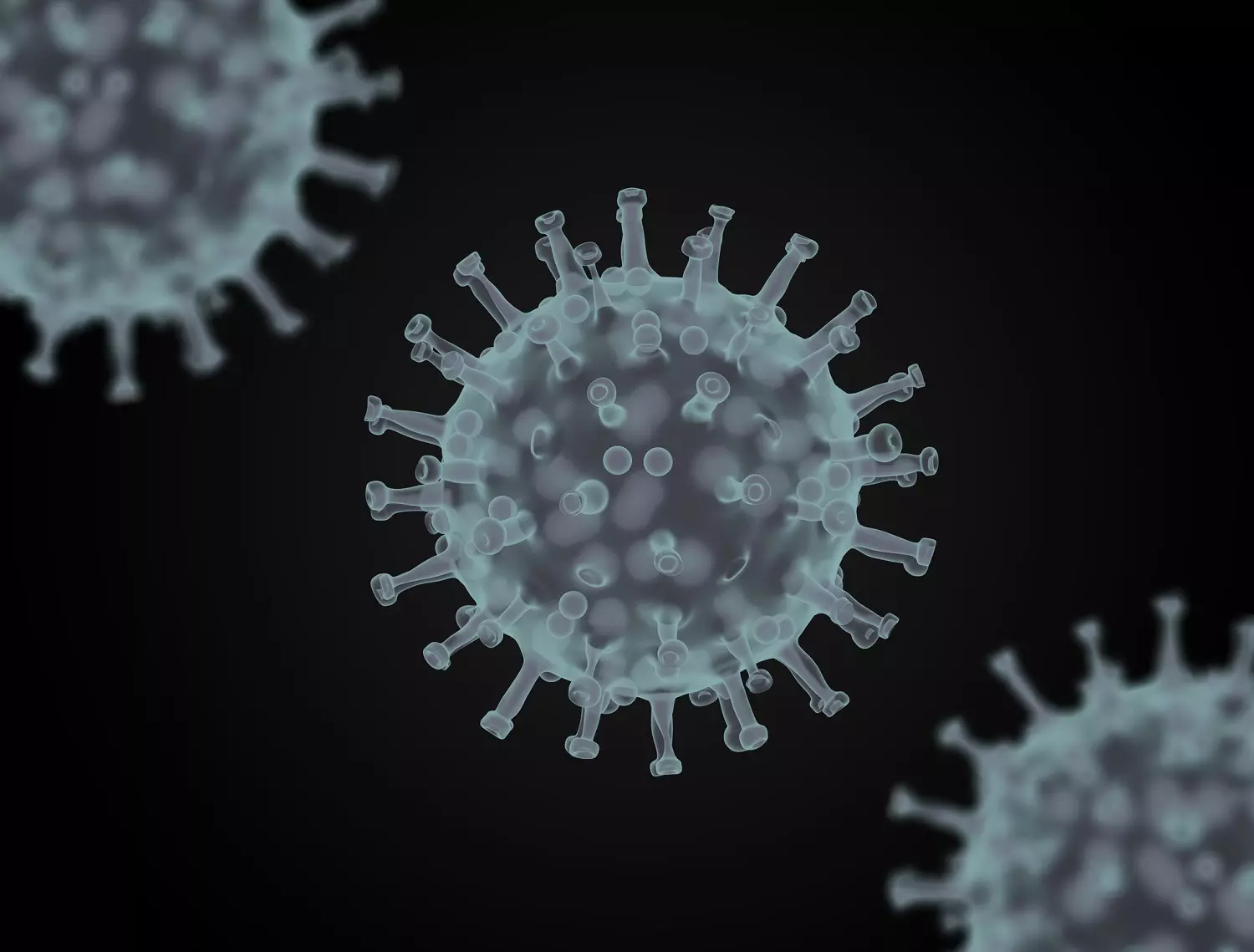[Originally published as Can a COVID-19 Virus Communicate with Other COVID-19 Viruses?]
I am writing this post because a reader asked me a question that I thought was very interesting and relates to a broader concept in biology. Before I answer her question, however, I want to make an important point about the virus that causes COVID-19 and how we should react to it. A few weeks ago, I gave the commencement address to a group of homeschoolers. Before I started my official remarks, I said this:
I am not going to say much about this virus, but I will say this: As a scientist, let me assure you that no one really knows what we should be doing. There are a lot of experts saying a lot of different things, and you should listen to all of them. Then, you should decide what works best for you and your family, and you should start doing it. But once you decide what you and your family should be doing, please please please show grace to those who choose to do something different. Since the experts can’t agree on a proper course of action, there is no reason to expect your neighbor to agree with your course of action.
I think this is the best way to approach the pandemic. The experts still can’t agree on exactly what to do because we just don’t know enough about this virus to make definitive choices. As a result of this ignorance, we must all muddle through as best we can and realize that none of us has all the correct answers.
Now let me share my reader’s question:
Recently I came across a discussion online about quorum sensing in viruses. The initial topic had been the difference between groups meeting indoors verses outdoors, as many churches are now doing. I had never heard of quorum sensing before, so I did a little research, but I wondered if you would consider addressing this sometime. It sounds pretty fascinating to think viruses and such can actually monitor their environment.
If you have never heard the term “quorum sensing,” it is a phenomenon that as far as I can tell was first discovered in bacteria. There are bacterial behaviors that require a certain number of individuals before the behavior produces a benefit, so bacteria need to know how many individuals from their species are in the area. As a result, each individual releases a specific chemical into its environment. Other bacteria of the same species sense the concentration of that chemical, and when the concentration reaches a certain level, the bacteria know there are enough individuals to make the behavior beneficial, so they start doing it.
For example, some infectious bacteria don’t attack their host right away. Instead, they stay as inconspicuous as possible, releasing their quorum-sensing chemical and doing everything they can to avoid the host’s immune system. They wait until there are enough individuals present in the host to overwhelm its immune system, and then they attack. In other words, they wait for a quorum of bacteria before they begin to assault their host.
My reader’s question is a reasonable one. If pathogenic bacteria use quorum-sensing, could viruses like the one that causes COVID-19 do the same thing? Well, while quorum sensing has been more extensively studied in bacteria, we do know that at least one kind of virus does it. In 2017, some researchers were studying a type of virus known as a bacteriophage, which infects bacteria. They noticed that when a virus was successful at invading a bacterium, it would release a chemical message telling the other viruses about its success.
Why would a virus do that? Because a bacteriophage has a choice once it infects a host. It can use the bacterium’s chemical machinery to churn out copies of itself until the bacterium bursts, releasing those copies to infect more bacteria. That’s the end of what is called the “lytic pathway,” and it allows lots of viruses to be released into the environment to infect lots more bacteria. However, if there aren’t a lot of bacteria left to infect, most of those viruses won’t find a host, which is bad for the viruses. As a result, the bacteriophage can just wait inside its host, biding its time until more hosts enter the area. This is called “lysogeny.” It isn’t great for the virus, but it is better than releasing copies into a world where there are few hosts to infect. In this case, then, the bacteriophage uses quorum sensing to determine whether to finish the lytic pathway or start lysogeny.
Now, of course, the virus we are all currently worried about is the one that causes COVID-19. Can it engage in quorum sensing? If so, that might explain why there are so many asymptomatic cases. If you get a small dose of the virus, there isn’t a quorum to attack you, so your body’s immune system eradicates the individuals before they mount their attack. However, if you get a large dose of the virus, the viruses see that there is a quorum, and they attack, making you sick.
The short answer to the question is the same one we must currently give to many questions regarding this virus:
We don’t know. However, it is possible.
Why do I say that? First, if a bacteriophage can do it, other viruses can do it as well. Second, we know the various genomes of the virus that causes COVID-19, and there are sections of unknown function that could produce and detect such chemicals. Thus, there is at least a possibility that a quorum-sensing mechanism exists in the virus. Until we know a lot more about this virus, however, we just can’t say anything for sure.
While it might seem scary that viruses can “talk” to one another and coordinate their attack, please understand that if they can, it gives us another way to fight them. After all, suppose we can develop a medicine that destroys their quorum-sensing chemical. If we can, then the viruses will never attack, because they will never think there is a quorum. Of course, deciding whether or not that is a viable strategy depends on finding out a lot more about the virus.






